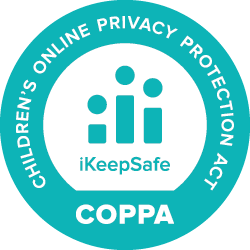Explore these resources to learn more about plastic liquid containers and their alternatives.
The Problem with Plastics: People use and throw away a lot of plastic products. In America alone, we throw away 1,500 plastic water bottles every second. Use these resources to learn more about the amount of plastic we use and how those plastics are hurting the environment.
Facts about Plastics: Use this resource to learn about how much plastic we use. Web Link - Fact Sheet: Single Use Plastics
Plastic Water Bottles: Use this resource to learn how plastic water bottles are contributing to our plastic problem. Article - Plastic Water Bottles Causing Flood of Harm to Our Environment
How Plastic Harms the Environment: Use this resource to learn how plastic liquid containers become marine debris that harms our oceans and ocean life. Web Link - Regional Emmy® Award-Winning TRASH TALK
Plastic and Climate Change: Use this resource to learn about the carbon footprint of a plastic water bottle. Web Link - What Is the Carbon Footprint of a Plastic Bottle?
A Better Liquid Container: Use these resources to help you plan the specifics of your company, including what material to use for your containers and how to package and ship your product.
New Materials: Use this resource to learn about some of the new materials scientists are inventing to replace plastics. Web Link - 13 Plastic Packaging Alternatives
Selecting Your Product: Water bottles are not the only plastic liquid container damaging our environment. There are many products that could use better containers, such as cleaning products, reusable cups, and personal care items.
Packaging Your Product: Use this resource to learn how a company reimagined how to package water. Web Link - Is Boxed Water Actually Better?
Comparing Your Product to Plastic: Plastic is cheap, light, and convenient. To replace plastic, you will need to convince investors that your product is better. How you define better, will be up to you. Is it lighter? Can you ship more of it? Does it take less time to decompose? Is it cheaper to make? Will it save consumers money over time? Be creative and make your case!









